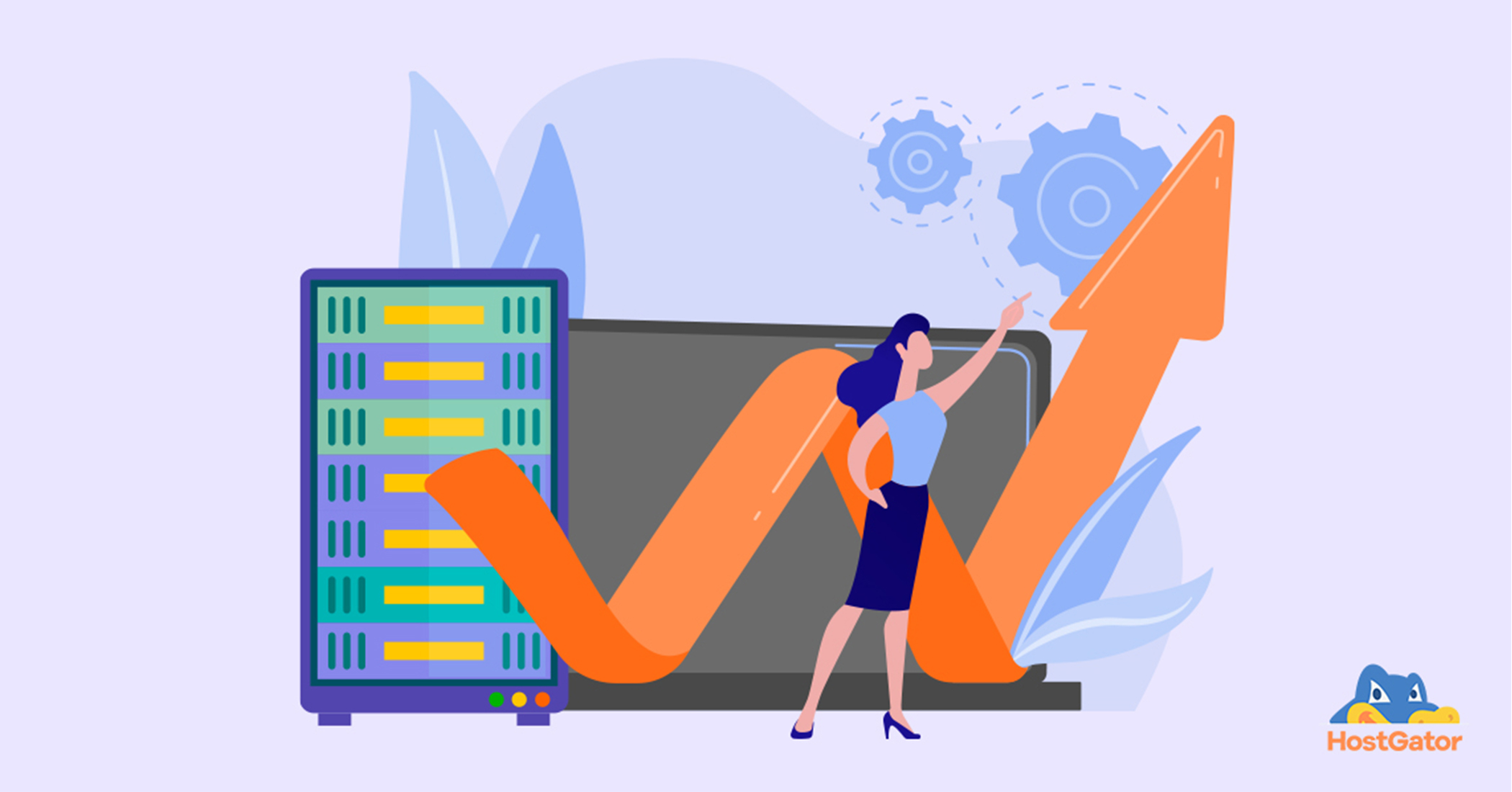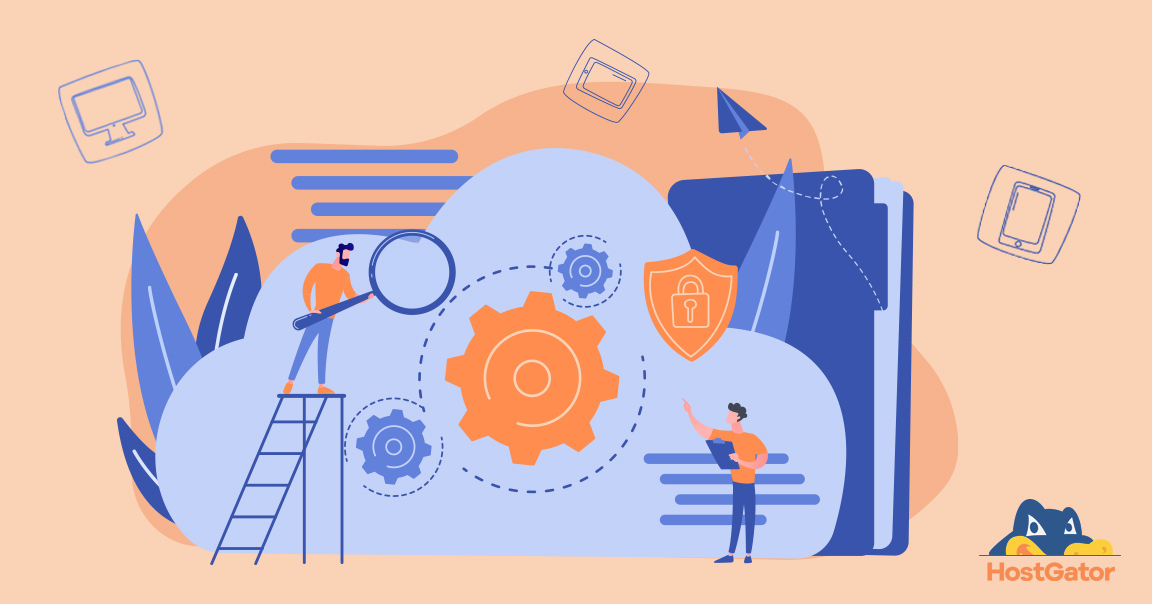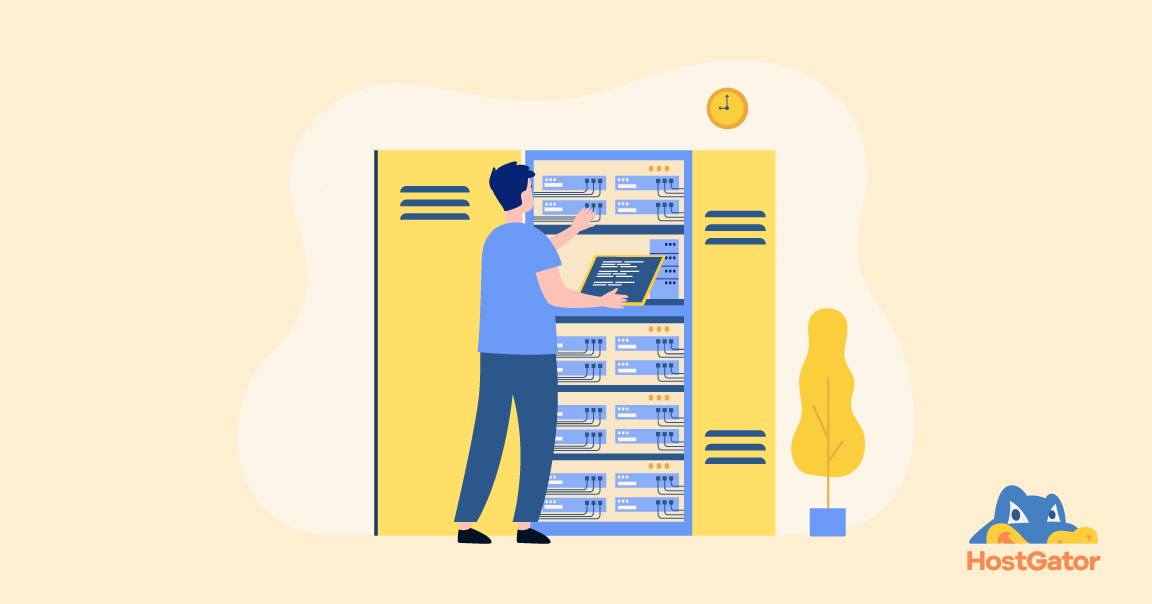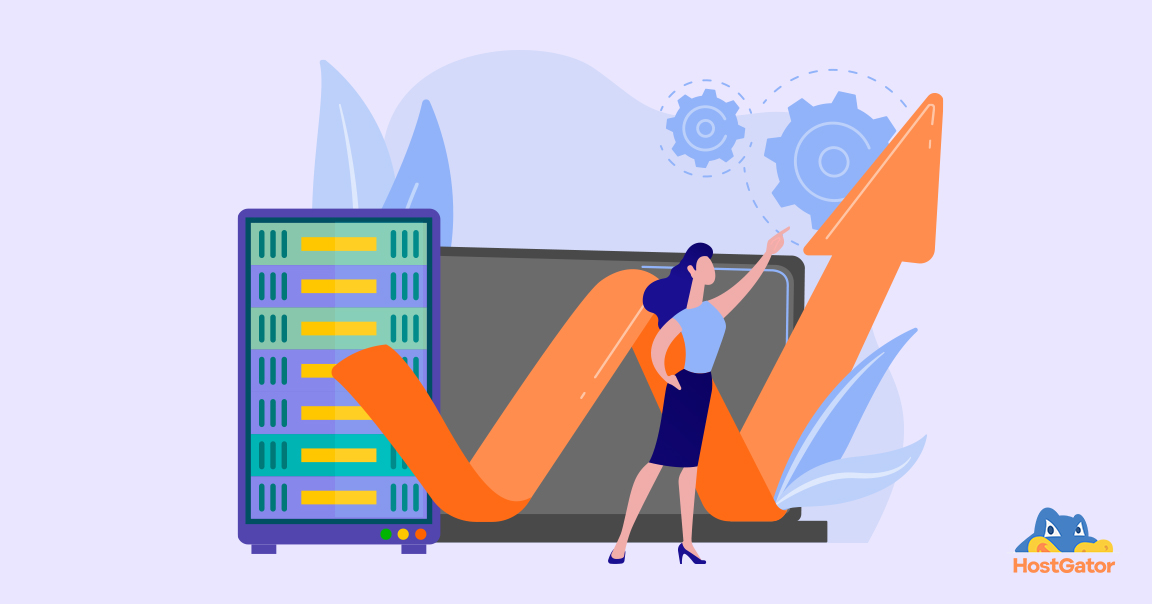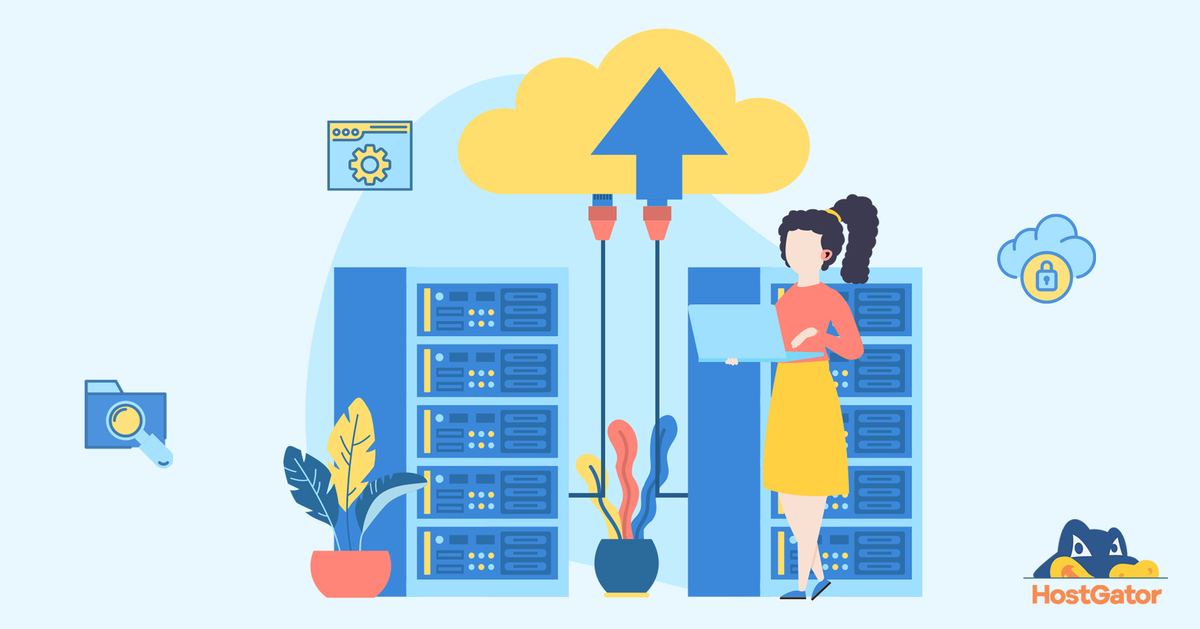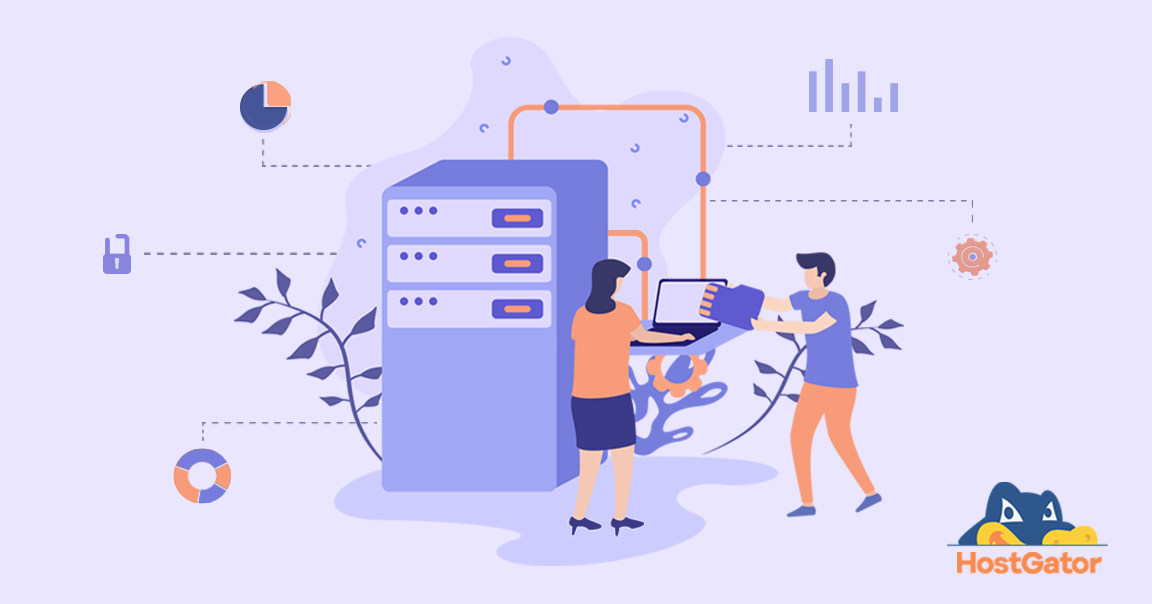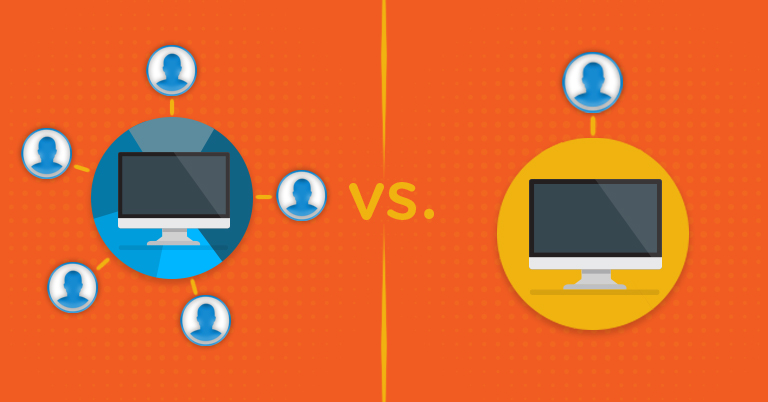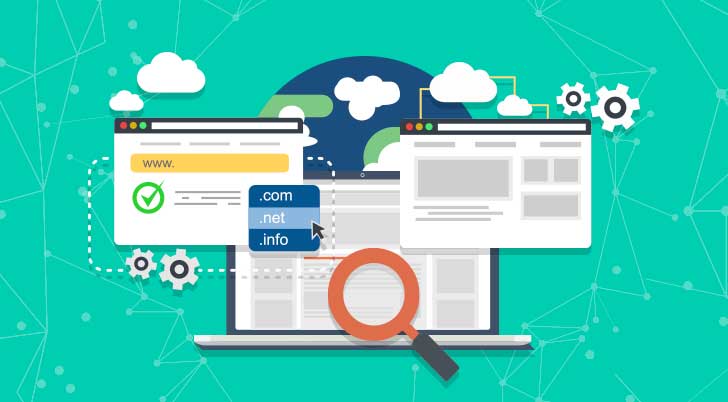Running a website or application on a high-performance dedicated server hosting is like having a powerful server that works exclusively for you. While these servers are already quite capable, several ways exist to improve their performance.
This guide will explain the most effective methods for boosting the performance of your dedicated server, making your websites and applications run faster and more smoothly.
Understanding Dedicated Servers
A high-performance dedicated server is like renting an entire house instead of sharing an apartment. You have a complete server with a dedicated server, unlike a shared server, where many users share the same resources.
This gives you complete control over everything – from the operating system to the software you want to install. The best part is that you don’t have to worry about other users affecting your server’s performance.
How to Increase Dedicated Server Performance?
Hardware Upgrades: Building a Stronger Foundation
Improving your server’s hardware can greatly enhance performance, such as upgrading your personal computer. Here are the key components you should consider upgrading:
-
CPU (The Brain of Your Server)
The CPU handles all the calculations and processing on your server. Getting a CPU with more cores and faster speeds lets your server handle more tasks simultaneously. Think of it like having multiple workers instead of just one – more workers mean more tasks can be completed simultaneously.
-
Memory (RAM)
RAM is like your server’s short-term memory. The more RAM you have, the more information your server can work with at once. With enough RAM, your server can quickly access frequently used data without looking it up from storage each time.
-
Storage Solutions
Moving from traditional hard drives (HDDs) to solid-state drives (SSDs) can make your best-managed dedicated server much faster. It’s like replacing a filing cabinet with a digital assistant: Finding and retrieving information becomes almost instant.
Software Optimisation
-
Regular Updates
It is crucial to keep your server’s software up to date. Software updates often include improvements that make programs run faster and fix security issues. Think of it as giving your server the latest tools to do its job better.
-
Implement Caching
Caching is like having a notepad where you write down frequently needed information. Instead of repeatedly calculating or fetching the same information, your server can quickly look it up from its “notepad.” This makes your websites load faster because the server doesn’t have to process everything from scratch each time.
-
Use a Content Delivery Network (CDN)
A CDN works like having multiple local stores instead of one central warehouse. It places copies of your website’s content on servers worldwide so visitors can download files from the location closest to them. This reduces loading times for everyone, regardless of where they are located.
Security Measures
Good security not only protects you but also helps maintain high-performance dedicated servers. Here are essential security measures:
-
Firewall Configuration
Firewall configuration serves as your server’s first line of defense, functioning like a vigilant security guard that meticulously inspects all incoming and outgoing traffic.
Modern firewalls can filter potentially malicious traffic before it reaches your applications, prevent unauthorized access attempts that could consume valuable server resources, and implement rate limiting to avoid resource exhaustion.
-
Regular Backups
While backups might not directly enhance performance, they are crucial for business continuity and quick recovery. A comprehensive backup strategy should incorporate automated daily incremental backups of critical data and weekly full system backups stored in geographically diverse locations.
-
DDoS Protection
Distributed Denial of Service (DDoS) protection has become increasingly important in today’s threat landscape. Modern distributed denial of service (DDoS) prevention systems of today use complex machine learning algorithms to identify and neutralize assaults in real time.
These systems also use traffic pattern analysis to differentiate between genuine users and attackers.
Smart Resource Management
-
Load Balancing
Load balancing is crucial for maintaining consistent performance across multiple servers.
Advanced load-balancing implementations include dynamic resource allocation based on real-time server health metrics, session persistence for applications requiring stable connections, and geographic load balancing for optimal user experience.
-
Server Monitoring
Server monitoring has evolved beyond basic resource tracking. A comprehensive monitoring solution should track system metrics, including CPU, memory, disk I/O network usage, and application-specific performance indicators.
Predictive analytics can help forecast potential issues before they impact service quality.
-
Resource Allocation
Optimal resource allocation ensures efficient utilization of server capabilities through container-based resource isolation, dynamic scaling based on demand, and priority-based scheduling for critical applications.
Implementing resource quotas and limits prevents abuse while ensuring fair resource distribution among different applications and services.
Database Optimisation
Databases are where your server stores all its important information. Making them work efficiently is crucial for satisfactory dedicated server performance:
-
Regular Maintenance
Just like a car needs maintenance, databases need periodic cleanup and optimization. This includes removing unnecessary data and organizing information more efficiently.
-
Query Optimisation
Writing efficient database queries is like asking straightforward, specific questions instead of vague ones. The better your queries are structured, the faster your database finds and returns the necessary information.
Cost-Effective Performance Improvements
Not all performance improvements require expensive upgrades. Here are some budget-friendly optimizations for best-managed dedicated servers:
-
Compress Your Content
Compressing files before sending them to visitors is like vacuum-sealing clothes to make them take up less space. This reduces the amount of data that needs to be transferred, making your website load faster.
-
Optimise Images
Image optimization has become increasingly important for web performance. A comprehensive approach includes automated compression pipelines, dynamic resizing based on device characteristics, and support for modern image formats like WebP and AVIF with appropriate fallbacks.
Implementing lazy loading and optimizing image caching and delivery can significantly improve page load times and reduce server resource usage.
-
Clean Up Unnecessary Data
Systematic data management and cleanup procedures ensure efficient resource utilization over time. These include automated log rotation and archiving, regular temporary file cleanup, and systematic old data archival processes.
Database table partitioning and archiving strategies help maintain optimal database satisfactory dedicated server performance while ensuring data accessibility.
Conclusion
Improving your dedicated server performance doesn’t have to be complicated. By following these tips and regularly maintaining your server, you can ensure it runs efficiently and provides the best possible experience for your users.
Remember that server optimization is an ongoing process. Regularly checking and adjusting these elements will help maintain peak performance over time.
The most important thing is to start with the basics: update your software, implement caching, and monitor your server’s health. As you become more comfortable with these, you can explore more advanced optimization techniques to improve your server’s performance further.
Looking for peak server performance? At HostGator, we’ve mastered the art of dedicated hosting. Our enterprise-grade hardware, domain registration services, proactive monitoring, and instant scalability ensure your website never misses a beat. Experience the power of truly optimized web hosting with us.

